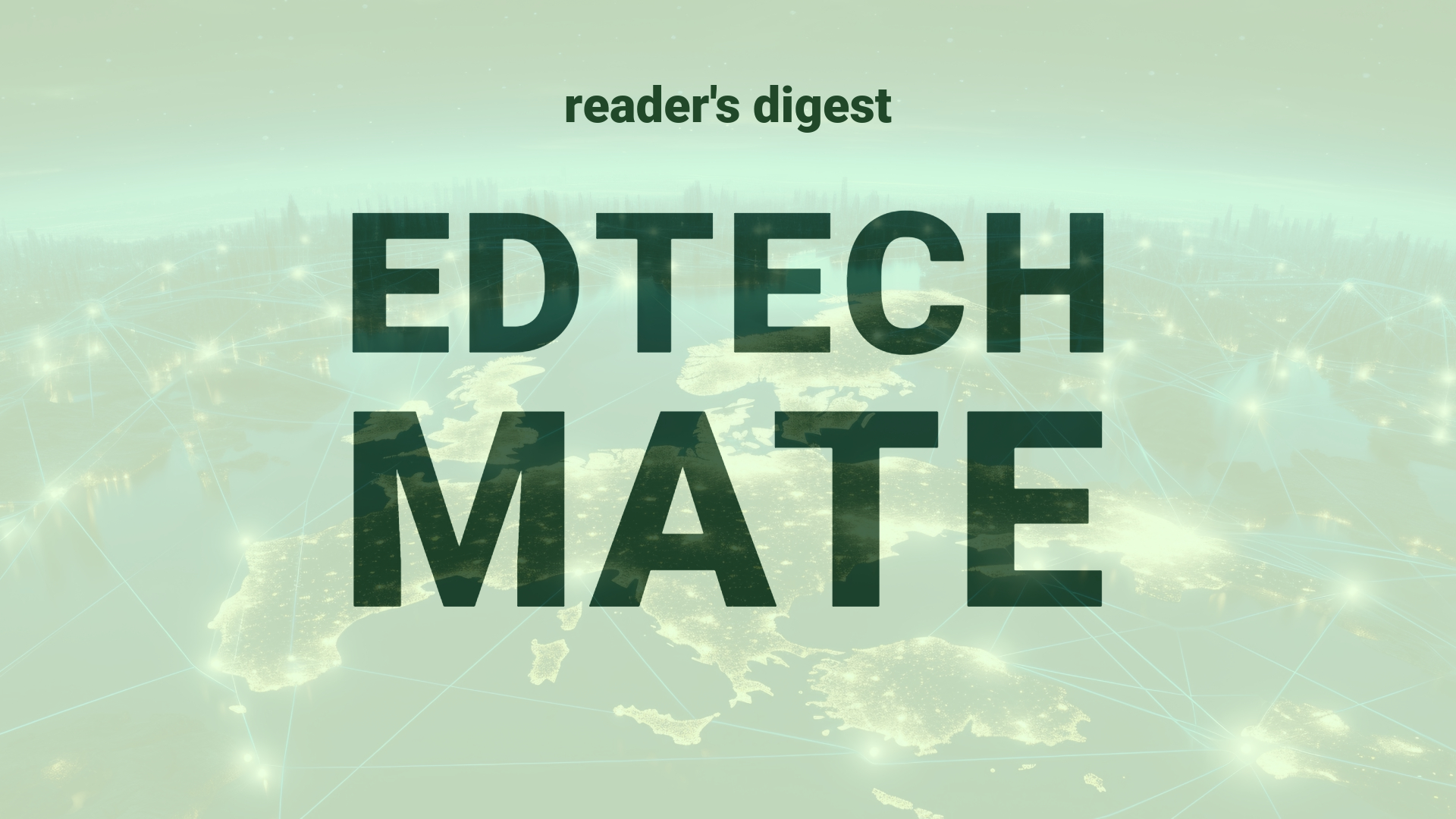“`html
Executive Summary and Main Points
The rapid evolution of generative AI (gen AI) is redefining the role of technology in various sectors, including the education industry. Innovations such as chatbots, content synthesis, and software development support are transforming business operations and IT. CIOs, initially skeptical, are recognizing the potential of gen AI to create new business models, enhance coding processes, and foster closer connections between IT and business domains. Decisive for this evolution is the use of tools like ChatGPT and others, which are celebrated for their ability to personalize services, streamline communication, and generate operational efficiencies.
Potential Impact in the Education Sector
Gen AI’s impact is significant across the education sphere, reformulating Further Education and Higher Education through digital assistants that provide personalized learning experiences and support administrative functions. Micro-credentials benefit from gen AI’s content synthesis, enabling tailored and efficient program creation. Strategic partnerships between educational institutions and AI service providers are likely to flourish, prioritizing digitalization and innovative educational delivery methods. These collaborations may facilitate the adoption of AI-driven learning platforms, automated student support services, and enhanced research capabilities.
Potential Applicability in the Education Sector
AI implementation in global education systems involves enhancing student support via chatbots, synthesizing educational materials, and offering personalized learning pathways. Gen AI could support faculty with grading, curriculum design, and research activities, using advanced AI coding tools to develop educational software. Moreover, AI could assist in the analysis of academic data, enabling institutions to make informed decisions and engage in predictive modeling for student success and retention strategies.
Criticism and Potential Shortfalls
Criticism of gen AI in education primarily focuses on ethical concerns, such as data privacy and potential biases embedded within AI algorithms. These concerns are amplified in multinational contexts with diverse cultural and legal frameworks. Comparative international case studies highlight varying success levels, underlining the necessity of contextual adaptation. There’s also a risk of over-reliance on AI, which may lead to devaluation of human-expertise and critical thinking skills in learning environments.
Actionable Recommendations
To incorporate gen AI technologies successfully in higher education, leaders should first pilot initiatives that address specific institutional needs. Engagement with all stakeholder groups in the planning and implementation phases is crucial. Continuous professional development must be provided to educators to integrate AI tools in pedagogy effectively. Institutions should establish partnerships with AI providers, optimizing the blend of proprietary and open-source AI models to suit different applications. Finally, a robust governance framework must be installed to supervise AI use, ensuring ethical integrity and alignment with educational values.
“`
Source article: https://www.cio.com/article/2130090/how-italian-cios-produce-value-with-gen-ai.html

